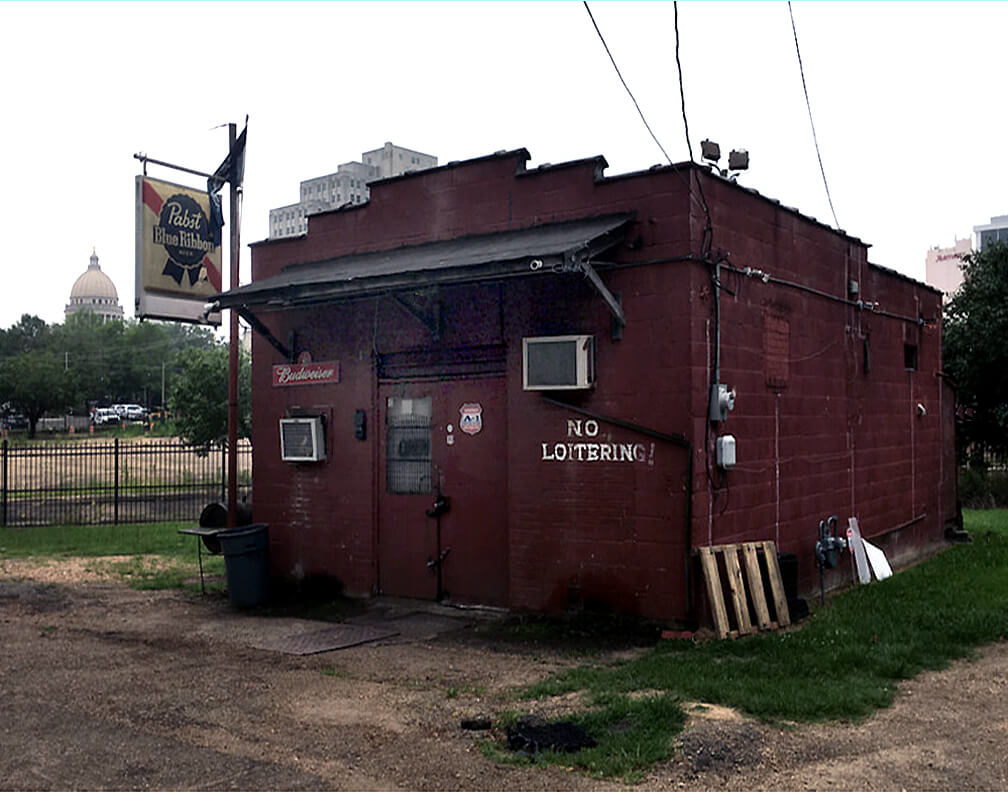During his famously quoted expedition in search of Livingston, Stanley also said, “If we run out of food, we’ll eat bananas.”
Sir Henry’s flippant dismissal of this vital foodstuff in lieu of boiled beef sums up the Brit empiricist mind; millennia before Stanley’s split second of Victorian condescension, bananas had been a staple in Asia since Homo erectus.
While European versions of the Expulsion have Eve offering up an apple (probably a Winesap; the Granny Smith is theologically impossible) as the principle instrument of temptation, many African, Asian and Oceanic interpretations depict Adam as succumbing to a nice banana instead (Eve had a rough cut, why not Adam?). These accounts also describe our primal DNA donors as masking their shame with banana leaves, which makes far more sense to me than that fig drag, even for Eve.
Before Chiquita and other mega-growers began shipping bananas in chemically sterilized bunches, stores would impale whole untreated stalks on ceiling hooks to ripen. Given the number of nooks and crannies in these masses of vegetation, it’s unsurprising that the occasional tropical creature would piggy-back its way into a local market.
My grandfather Jess kept a small country store that supported an endless series of banana stalks from the Cockrell Banana Company in Tupelo as well as any number of worthless relatives and other such riff-raff. Jess checked out produce before he put it up for sale, and occasionally he’d discover some sort of exotic fauna cowering deep amid the bananas.
He’d usually find a spider big enough to scare the bejesus out of any little old lady getting a couple of bananas for pudding to take to a homecoming. These he fed he to the chickens, but once, to his great delight, he found a small boa and kept it in a glass gallon jar with some hay in the bottom for everyone to ogle before he he sent it to the University of Mississippi, where it enjoyed a long, happy career as a desensitizing agent for people with snake phobias.
He once told a slacker cousin that he could get a snake into Ole Miss, “But I can’t get your ignorant ass into a decent barber school.”






